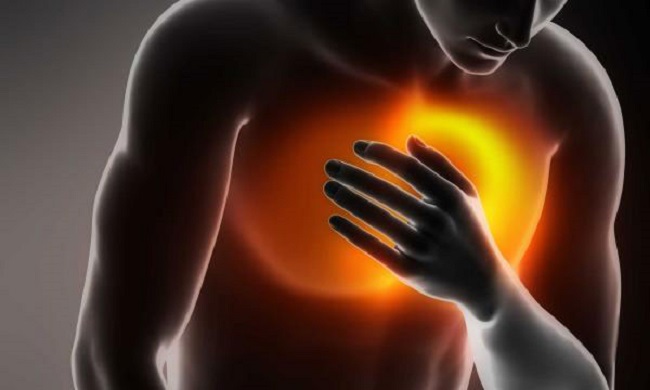11Chest pains
Advertisement
Chest pains or repeated chest pains can be the side effects of a pneumonic embolism. Chest pains are never to be taken lightly, especially if you experience serious or even minor chest pang, you should see a professional about that.

Image Source: www.medicalindiatourism.com
12Leg pain
Advertisement
Leg pains or tenderness are a warning sign of deep vein thrombosis. People often complain of leg pains or cramps without realizing that they might be experiencing a blood clot in that area. So, even if your cramps are only limited to one area, you should get them checked out.

Image Source: www.rd.com
13Random coughs
Advertisement
Repeated coughs when you don’t have a cold or a sore throat is problematic. If you have a recurring cough, that won’t go away it might be a warning sign of a clot. Medical experts have said that if you have a cough for more than two weeks, but not a cold, you should take it seriously.

Image Source: www.delsym.com
14Severe headaches
Advertisement
Headaches are often passed off by us as nothing major, but medical experts have always maintained that headaches can be the sign of a blood clot. Especially if you experience strong headaches more than twice a day, you should definitely address that issue.

Image Source: www.medicalnewstoday.com
15You should call a doctor when
Advertisement
According to the Centers for Disease Control and Prevention, almost 50 percent of people with Deep vein thrombosis can’t detect their symptoms, which is why it is best to call up your doctor if you experience shortness of breath, chest pains, or problems in vision or speech.

Image Source: naturesfirstpath.com